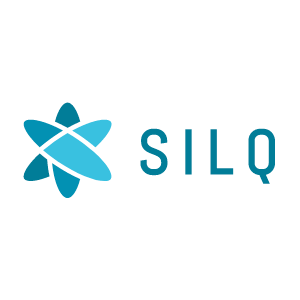 Pharo
vs
Pharo
vs
 SILQ
SILQ
 Pharo
Pharo
 SILQ
SILQ
What is Pharo?
Pharo is an open source dynamic and reflective language which is made by a community of more than 100 contributors. The language is isnpired by the programming language Smalltalk which was released back in the 1972. On top of that, Pharo offers several live programming features such as immediate object manipulation, live update and hot recompiling. The Pharo full stack is released under MIT License.
How much does Pharo cost?
No pricing information available..
What platforms does Pharo support?
Top Pharo Alternatives
Groovy
Groovy, or Apache Groovy is a object-oriented programming language for the JVM (Java Virtual Machine). Groovy share many similarities with programming languages like Python, Ruby, and Smalltalk while providing a syntax compatible with Java.
Rebol
Rebol is a lightweight, cross-platform data exchange programming language. The language is designed by Carl Sassenrath and is suited for network communications and distributed computing. Rebol's unique simplistic design makes it a productive language that is loved by its users.
The software
 SILQ
is removed from the Top Pharo Alternatives since you are comparing against it.
If you are looking for more software, applications or projects similar to
SILQ
is removed from the Top Pharo Alternatives since you are comparing against it.
If you are looking for more software, applications or projects similar to
 Pharo
we recommend you to check out our full list containing 47 Pharo Alternatives.
Pharo
we recommend you to check out our full list containing 47 Pharo Alternatives.
Pharo Gallery
What is SILQ?
Silq is a free and open-source high-level programming language specifically for quantum computing. The language is openly developed by ETH Zürich and provides a strong static type system.
How much does SILQ cost?
No pricing information available..
What platforms does SILQ support?
Top SILQ Alternatives
Q#
A Microsoft developed domain-specific programming language used for expressing quantum algorithms. Q# share similar structures and elements with popular languages like Python, C#, and F#. The language comes bundled with the QDK (Quantum Development Kit) and quantum simulators, while also being extensible with Q# libraries. With Q# developers can build quantum algorithms used for quantum computing with a basic procedural model for writing programs with loops, if/then statements, and common data types.
Crystal
A free and open general-purpose, object-oriented programming language developed by Ary Borenszweig, Juan Wajnerman, Brian Cardiff and a community with over 300 contributors. Crystal is statically type checked, which means that all code errors will be caught at compile time, rather than fail on runtime. Crystal provides an easy-to-learn syntax similar to Ruby, while at the same time producing performance similar to that of the programming language C.
The software
 Pharo
is removed from the Top SILQ Alternatives since you are comparing against it.
If you are looking for more software, applications or projects similar to
Pharo
is removed from the Top SILQ Alternatives since you are comparing against it.
If you are looking for more software, applications or projects similar to
 SILQ
we recommend you to check out our full list containing 3 SILQ Alternatives.
SILQ
we recommend you to check out our full list containing 3 SILQ Alternatives.
